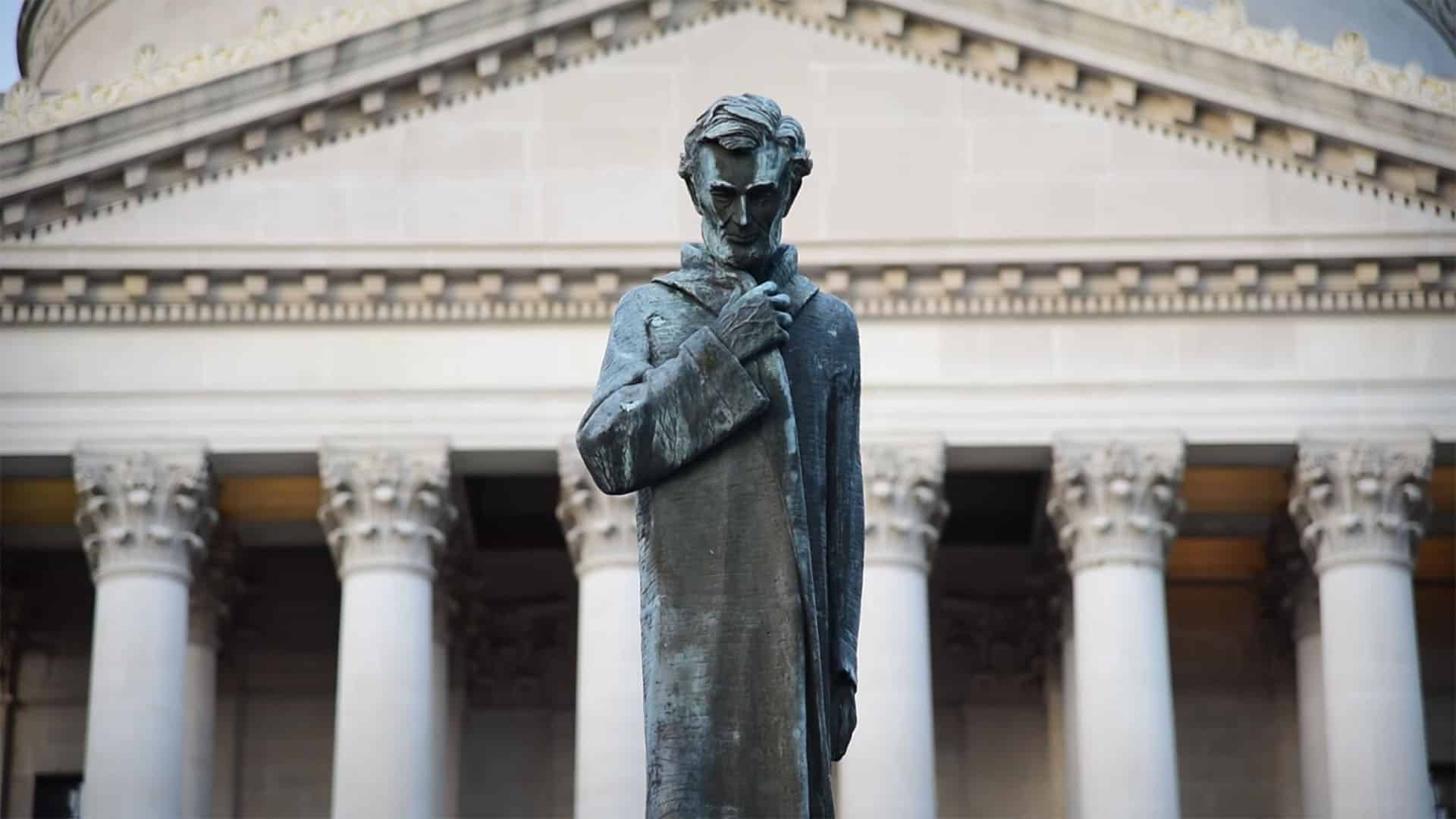PRESS RELEASE: New Polling Shows W.Va. Voters More Satisfied with Direction of State Than Country

FOR IMMEDIATE RELEASE
DATE: January 16, 2024
FOR MORE INFORMATION CONTACT
Amanda Kieffer, VP of Communications & Strategy, Cardinal Institute for WV Policy
PHONE: (304)-541-9551| EMAIL: [email protected]
New Polling Shows W.Va. Voters More Satisfied with Direction of State Than Country
Charleston, W. Va. — Today, the Cardinal Institute for West Virginia Policy released statewide polling that explores the attitudes of West Virginians toward the economy, barriers to work, and social safety net programs in the Mountain State. The poll of 765 registered voters, conducted by Targoz Market Research, was accompanied by two focus groups and an online visioning panel made up of West Virginians receiving public assistance.
The poll found that 47% of West Virginia voters are satisfied with the direction of the state, compared with only 39% dissatisfied with the direction of the state. This is significantly more positive than West Virginia voters’ outlook on the US—19% satisfied and 73% dissatisfied.
When asked specifically about the possible causes of West Virginia’s low labor force participation rate, consistently the lowest in the country, 81% said issues with drug or substance abuse, 75% said lack of good paying jobs, and 58% said generous welfare or unemployment benefits were a major or moderate cause.
Dr. Jessi Troyan, the Director of Policy & Research for the Cardinal Institute, noted, “Overall, West Virginians recognize and appreciate the progress made in recent years. At the same time, we’re still contending with the legacy of our past and facing strong national headwinds. Taken together, there is continued appetite for state-level reforms that connect folks with better jobs and opportunities and empower our fellow West Virginians to come off the sidelines of the labor market to build their own version of a brighter future.”
The poll also asked respondents to share their opinions on public assistance programs and individuals receiving safety net support. While 79% of voters agree that the state should offer public assistance programs to residents, only 15% believe that the majority of individuals receiving public assistance are best characterized as “actively seeking employment but unable to find suitable jobs.” 33% of voters characterized the majority of individuals on public assistance as “not motivated to work or seeking to rely on assistance.”
To address the disincentive to work posed by benefit cliffs in West Virginia’s safety net programs, several potential policy solutions were tested for voter support.
85% of voters support requiring the state legislature to conduct a comprehensive review of all public assistance programs in West Virginia every four years. 83% support instituting a “one door” policy, consolidating multiple social assistance programs into a single, user-friendly application process. 79% support a grace period of 30 — 90 days for benefits recipients who reach an income threshold to ease the transition off public assistance.
“West Virginians are overwhelmingly receptive to ideas that innovate and bring the administration of social safety net programs into the 21st century,” remarked Dr. Jessi Troyan. “There is ample opportunity for policymakers to thoughtfully reform programs in ways that address the needs of those relying on them while also remaining mindful of the needs of the state as a whole.”
Founded in 2014, the Cardinal Institute for West Virginia Policy, Inc. is a 501c(3) non-profit dedicated to research, develop, and communicate effective free-market public policies for West Virginia.
###

